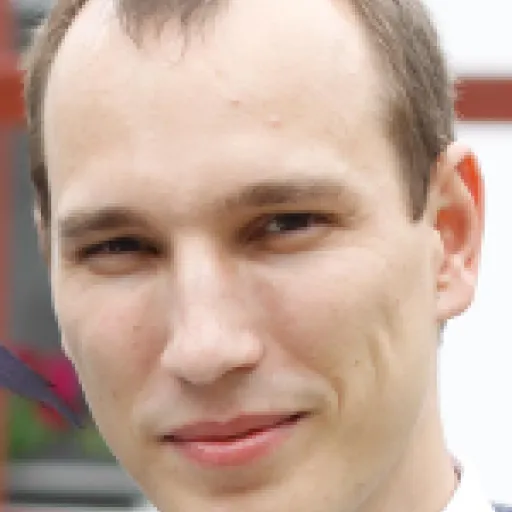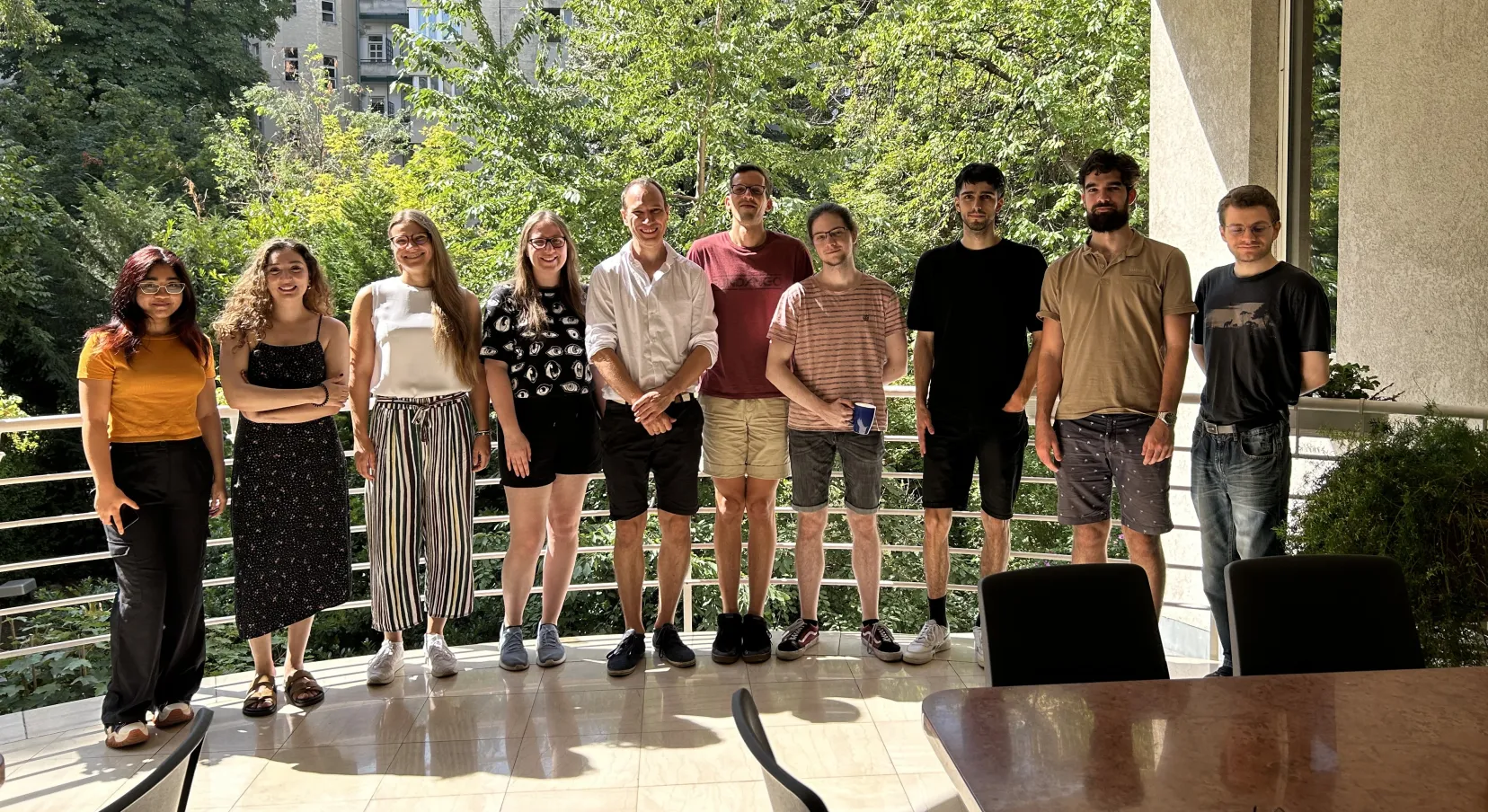
BioAgeAI research group
Key Staff
Recently developed epigenetic clocks emerged as promising tools for measuring the aging process. These are artificial intelligence tools that can accurately estimate the age of an individual based on epigenetic data extracted from, for example, blood and saliva samples. However, biological age can differ from chronological age: a value higher or lower than chronological age may indicate accelerated or decelerated aging. Current clocks are still imperfect in measuring biological age and more improvements are needed. Our research group investigates the mechanisms of the aging process and the possibility of developing aging clocks that provide more precise determination of biological age. The developed tools may become suitable for the evaluation of potential rejuvenating therapies or interventions that can slow down the aging process. In addition, they could become common tools for personalized medicine also considering the biological age of the patient.
Members of the BioAgeAI research group:
- Csaba Kerepesi, PhD, principal investigator
- Enikő Zakar-Polyák, MSc, doctoral student
- Juliet Polok Sarkar, MSc, doctoral student
- Zahira El Mahdaouy, MSc, researcher/developer
- Bence Király, MSc, researcher/developer
- Botond Bárdos-Deák, BSc, student
- Souha Klibi, BSc, student
- Samiha Nasser, BSc, student
- István Magyary, BSc, student
- Kíra Kovács, BSc, student
- Zsombor Varga, BSc, student
- Zita Szatmári Eszter, BSc, student
- Iván Fejes, BSc, student
- Péter Sándor, student
- Brigitta Varga, student
Development roadmap
- Face photo-based age estimation application
- Blood test-based aging clocks
- Single-cell transcriptomics clocks
Scientific roadmap
- Determination of biological age based on face photos
- Single-cell aging clocks
- Revealing the mechanisms of rejuvenation using bioinformatics
- Multi-omics aging clocks
The research group is supported by the National Research, Development and Innovation Office – NKFIH (FK-146113) and the European Union project RRF-2.3.1-21-2022-00004 within the framework of the Artificial Intelligence National Laboratory, Hungary.

